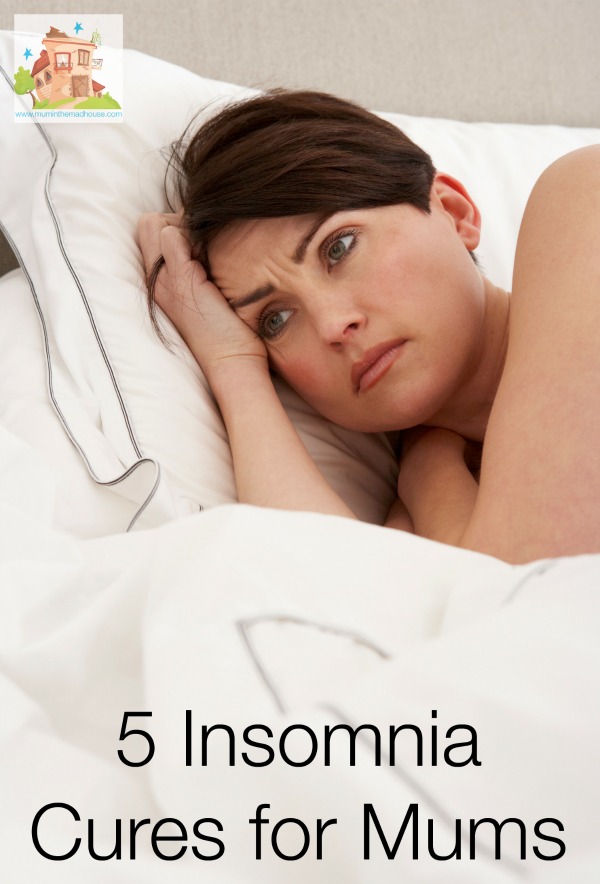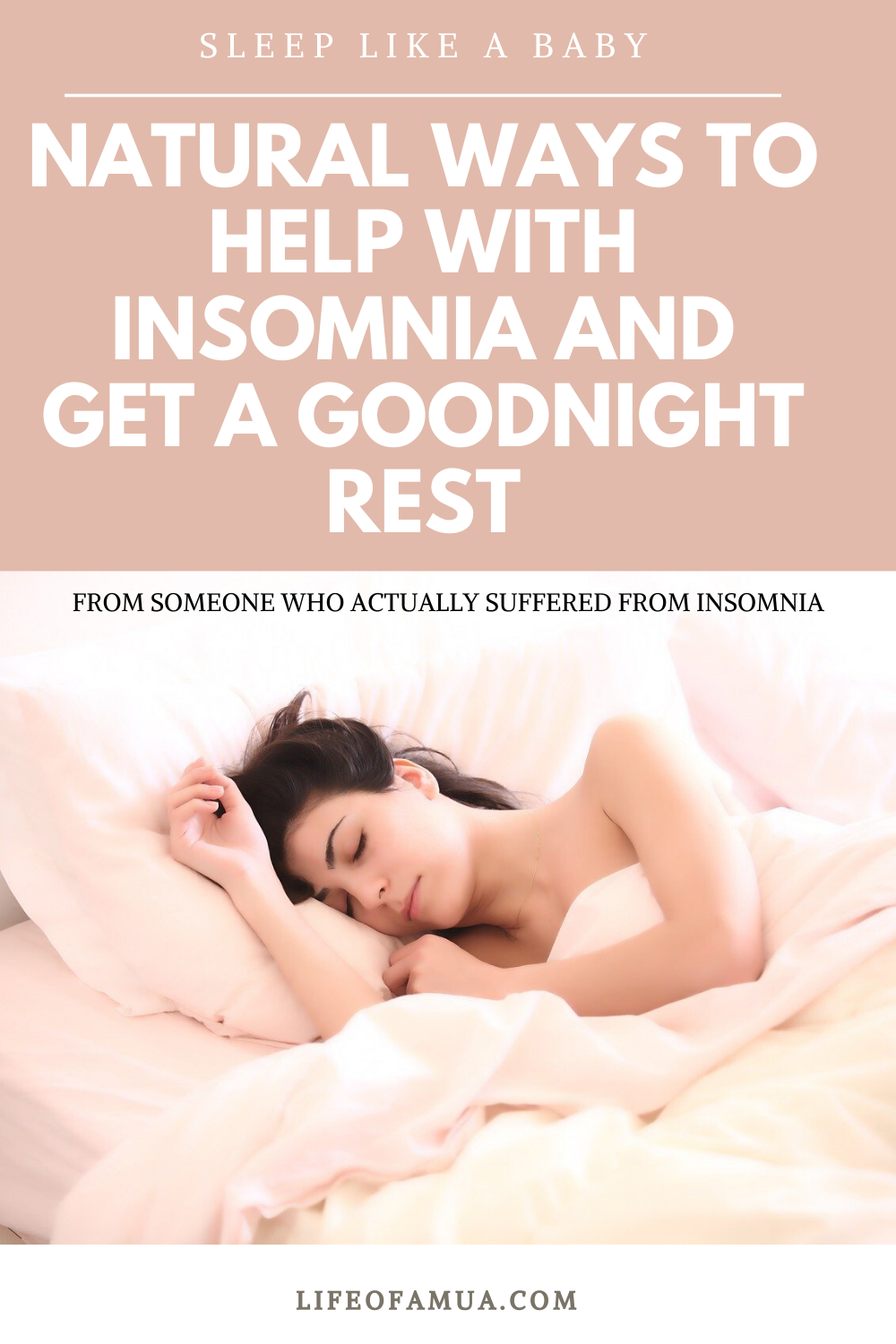

In such cases the doctor may request an overnight sleep test, or polysomnogram, though sleep studies are not part of the routine initial workup for insomnia. The patient may be asked about chronic snoring and recent weight gain, which may lead to the possibility of obstructive sleep apnea. The physician will seek to identify any medical or psychological illness that may be contributing to the patient’s insomnia, as well as screen for drug and alcohol use. You may need to sleep overnight in a sleep lab where researchers monitor your sleep.ĭiagnosis of insomnia begins with a good medical history. The doctor will look for any physical reasons that could be causing sleep problems. Be prepared to describe your insomnia with details such as how long it's been going on, what you think could be contributing to it, and what your sleep is like, such as whether you can barely get to sleep at all or if you wake up too early. Your doctor will consider any medical conditions, any medications you're taking, and stressful life changes that could be causing insomnia. The process of making a diagnosis may include: It will be helpful to bring a record of your sleep patterns. You may need to see a sleep medicine specialist to find out what's causing your insomnia. Physical aches and pains, such as headaches and stomachaches Medical conditions such as acid reflux, thyroid problems, stroke, or asthmaįrustration and preoccupation with your lack of sleep

Hormone changes, such as those accompanying menopauseīedtime habits that don't lead to restful sleep Recent upheavals in your life, such as a divorce or death of a loved one They can include any or all of these:ĭietary choices, such as caffeine late in the day, that interfere with sleep

The reasons you're lying awake when you don't want to be are individual.

It is also more common among shift workers, who don't have consistent sleep schedules people with low incomes people who have a history of depression and those who don't get much physical activity. Women are more likely to have insomnia than men. You might constantly wake up earlier than you would like, perhaps in the wee hours of the morning, and find yourself unable to go back to sleep. If you suffer from it, you may not be able to go to sleep or you may not be able to stay asleep. Insomnia affects people in different ways. This is defined as insomnia that occurs more than 3 nights a week for over a month. But 1 in 10 adults suffers ongoing difficulty sleeping, known as chronic insomnia. About 1 in 3 adults has bouts of insomnia that last a few days at a time. Insomnia is one of the most common sleep complaints. And perhaps you finally drop off around dawn, only to be jarred awake by the alarm an hour later. When you can't sleep, the ticking of the clock only reminds you of your exhaustion and the endless hours until morning. You’ve probably had nights when you couldn’t fall asleep, no matter how desperately you tried. It may be due to a lack of sleep or poor quality of sleep. Insomnia, which means difficulty initiating or maintaining sleep, is a symptom, not a diagnosis or a disease.


 0 kommentar(er)
0 kommentar(er)
